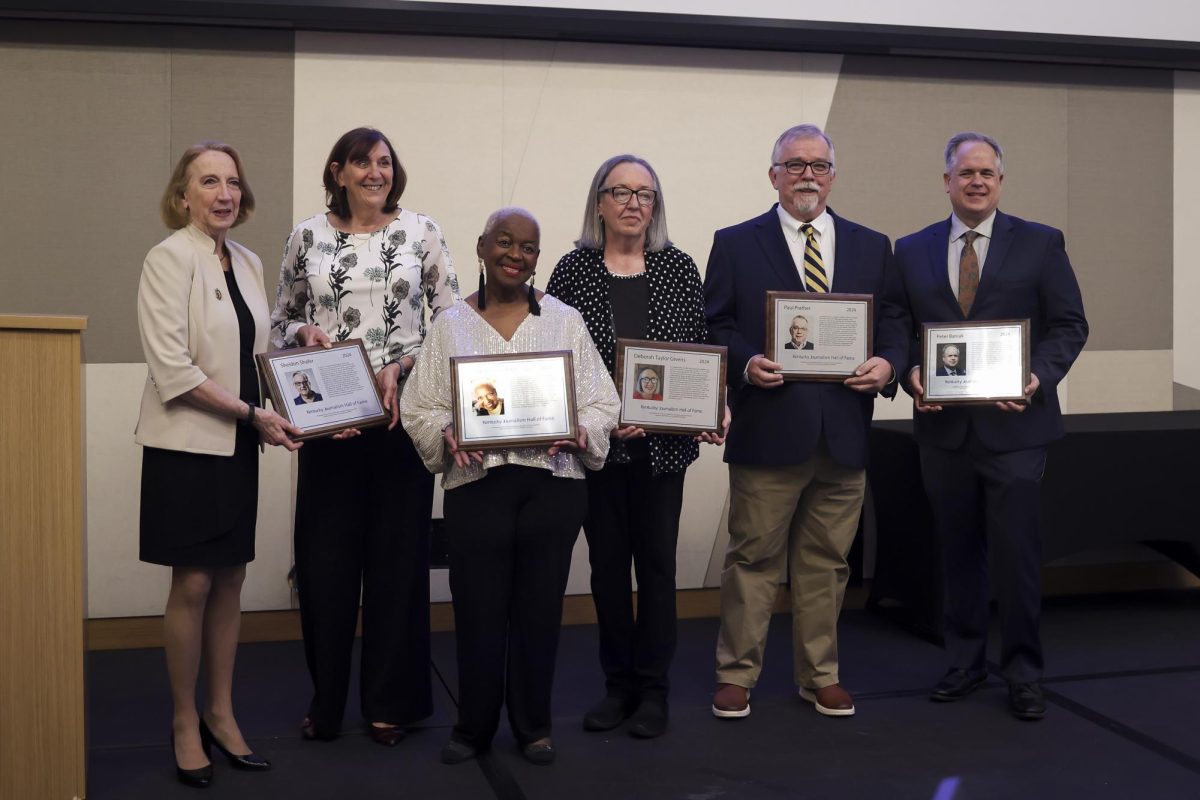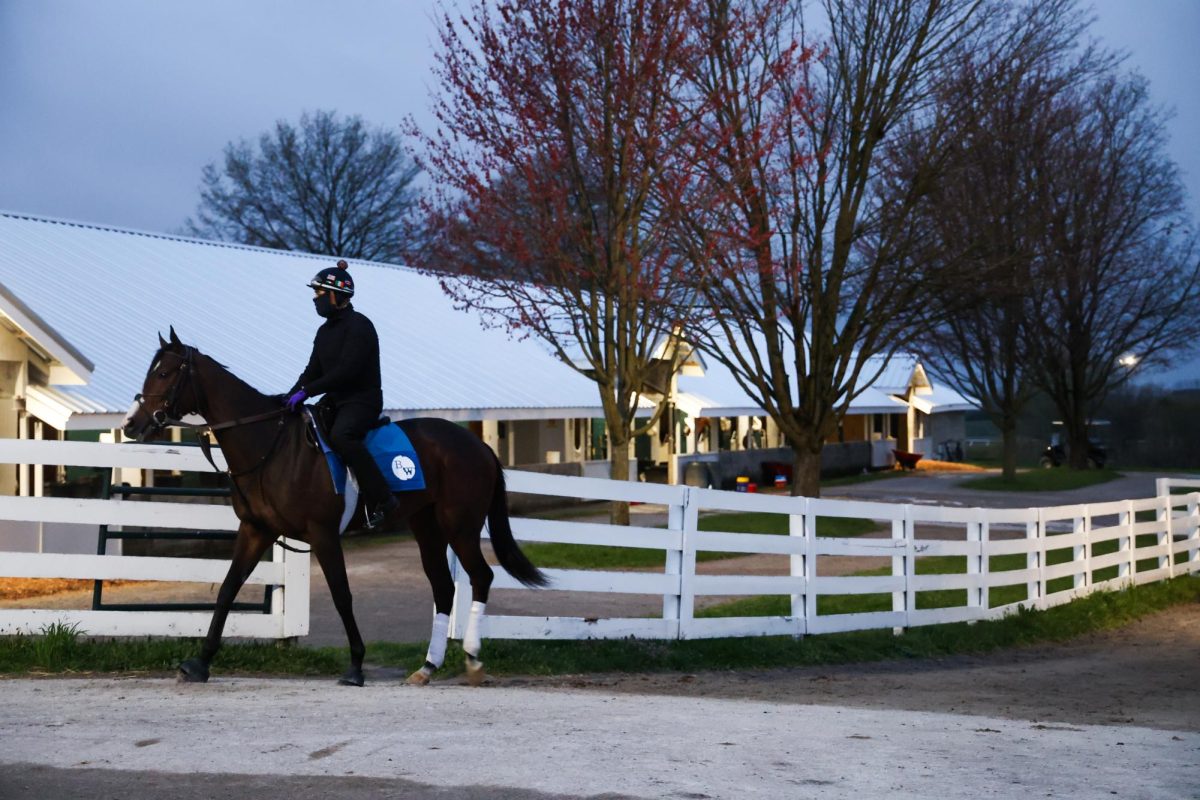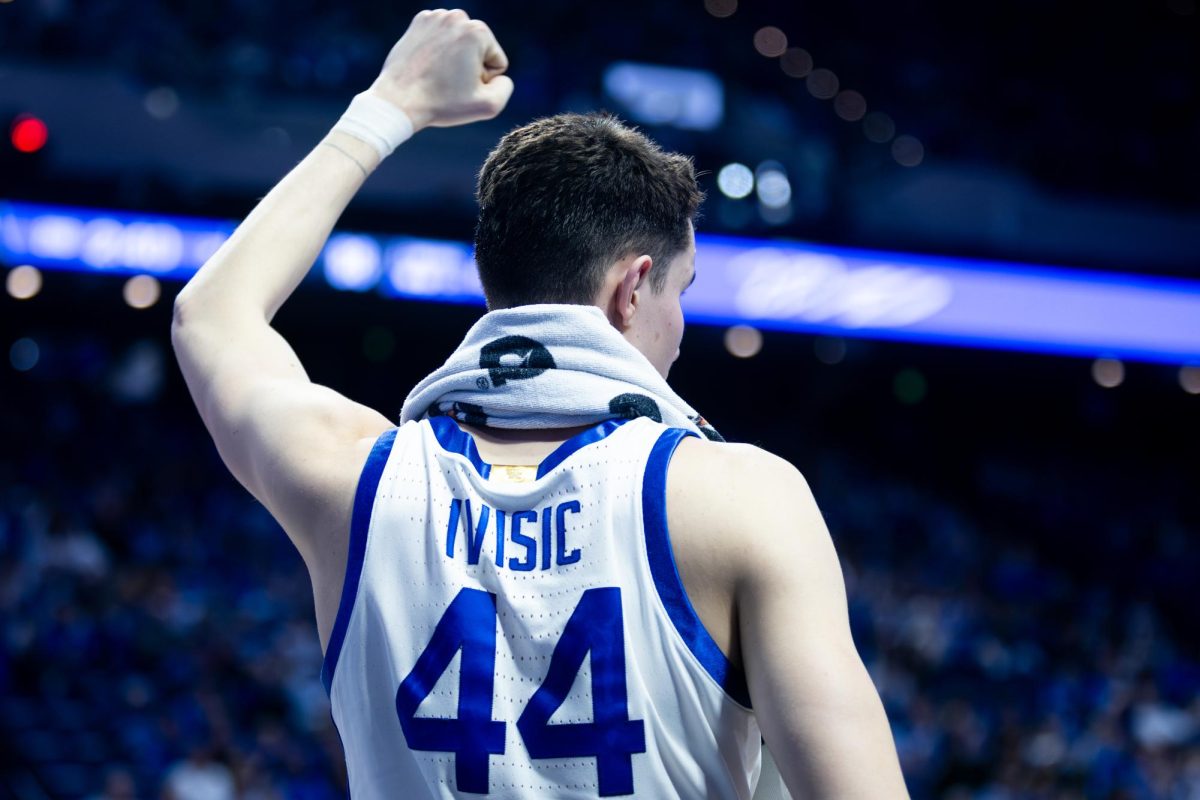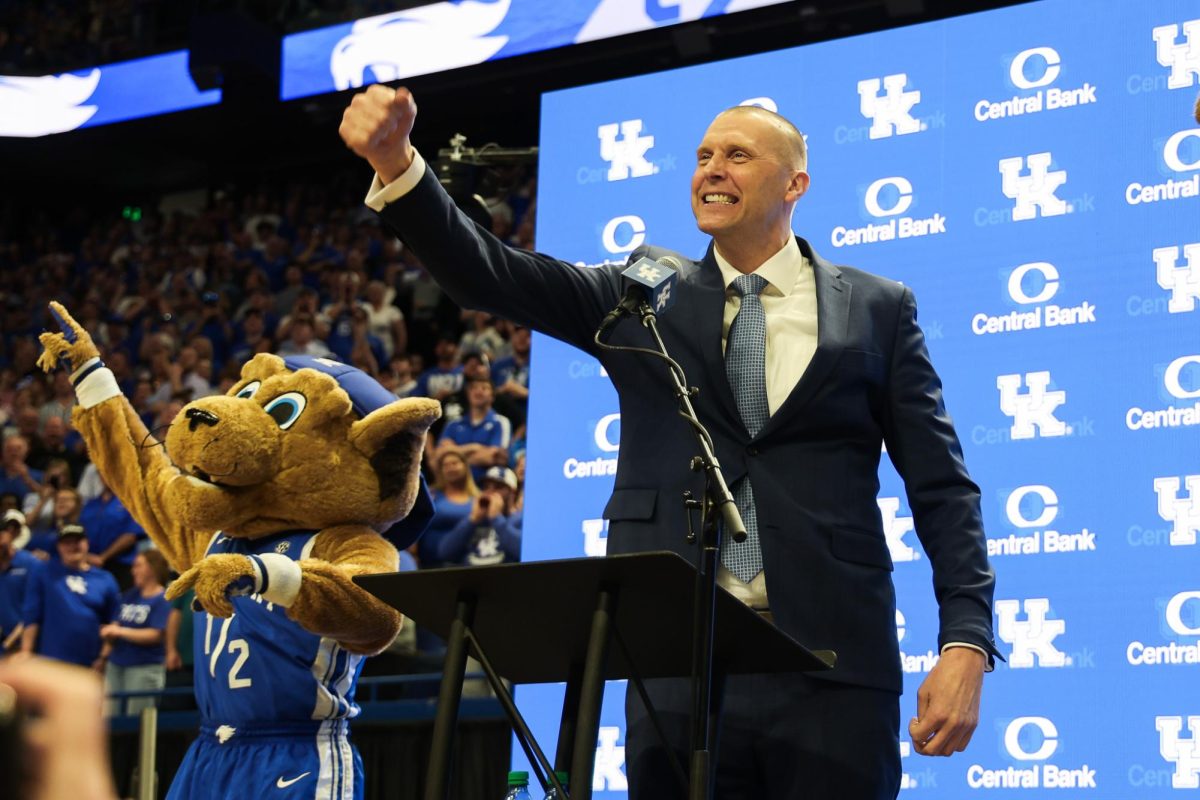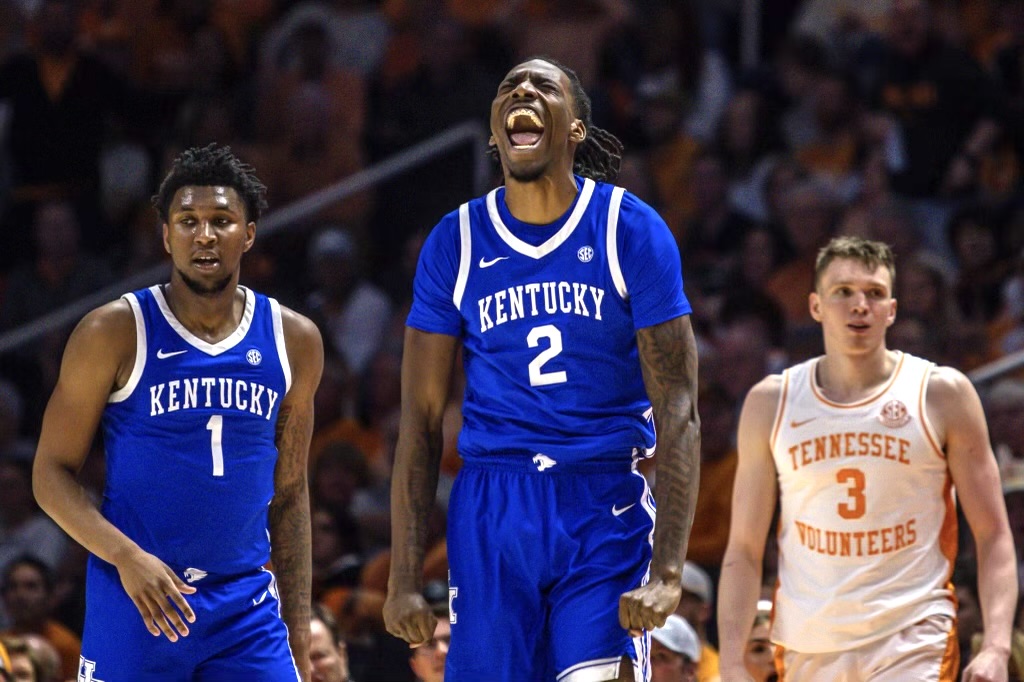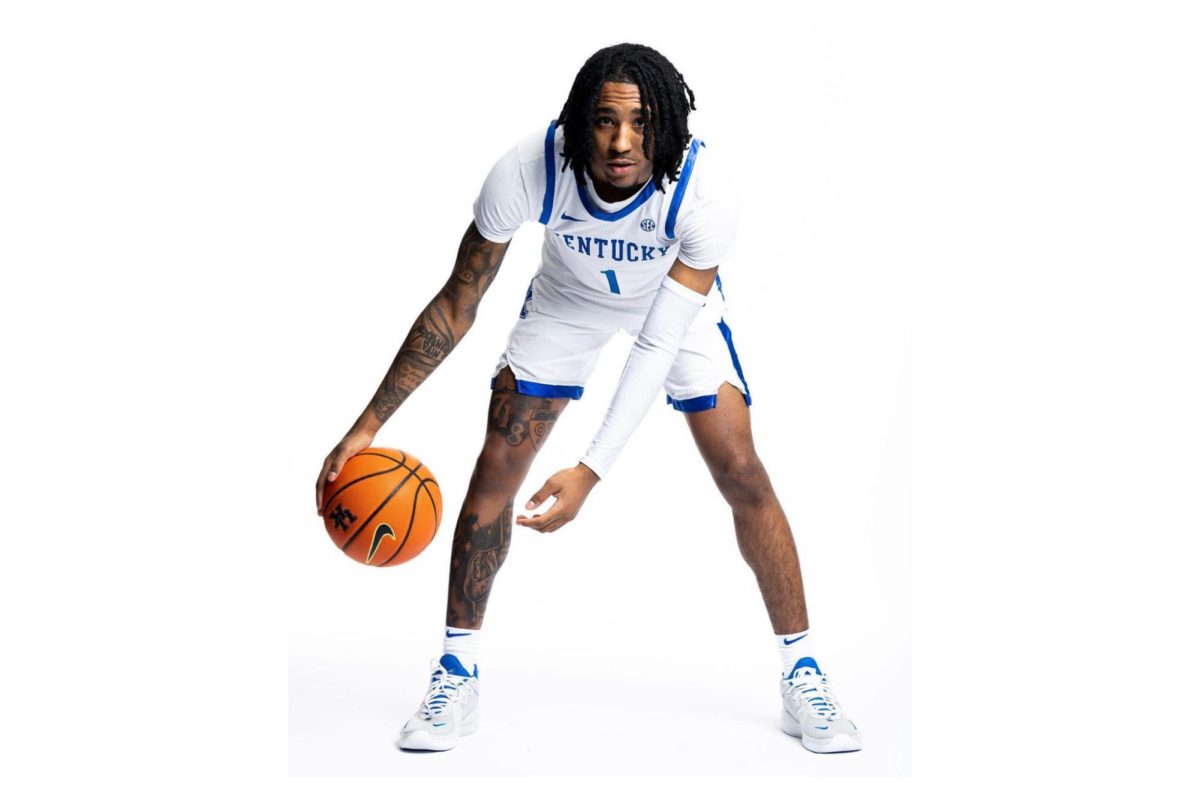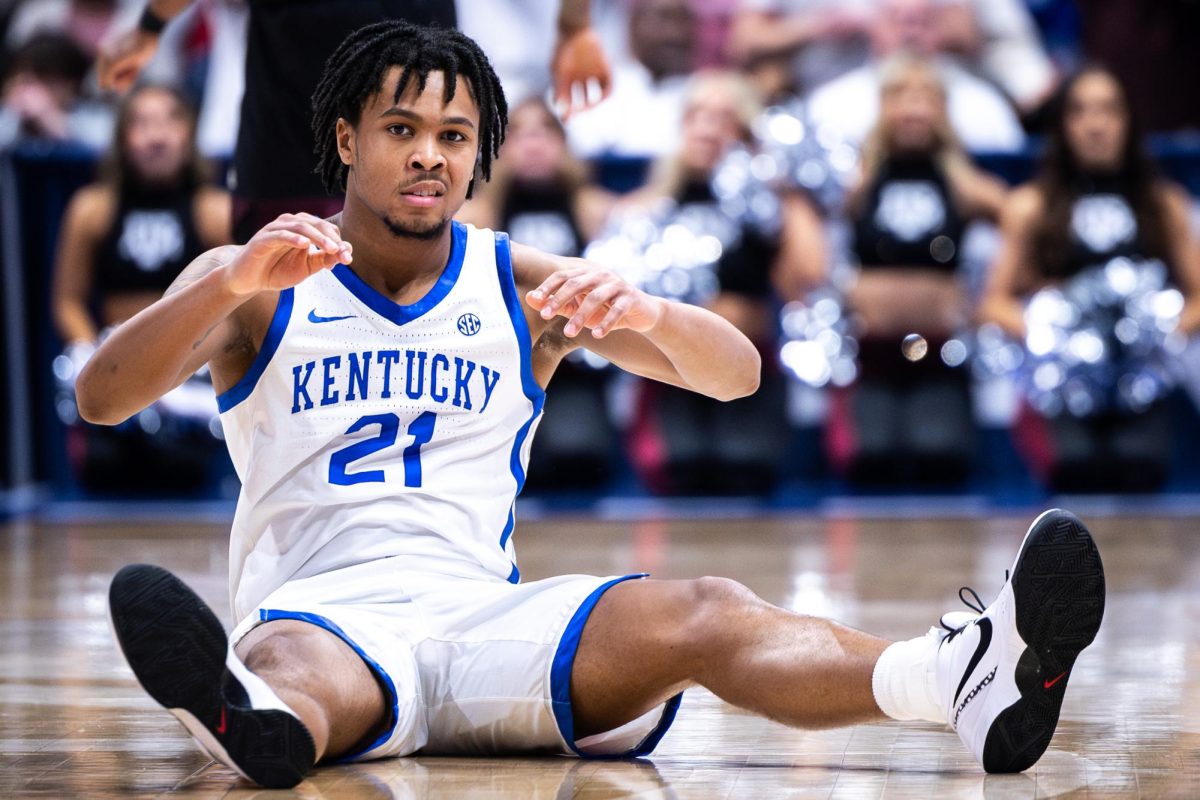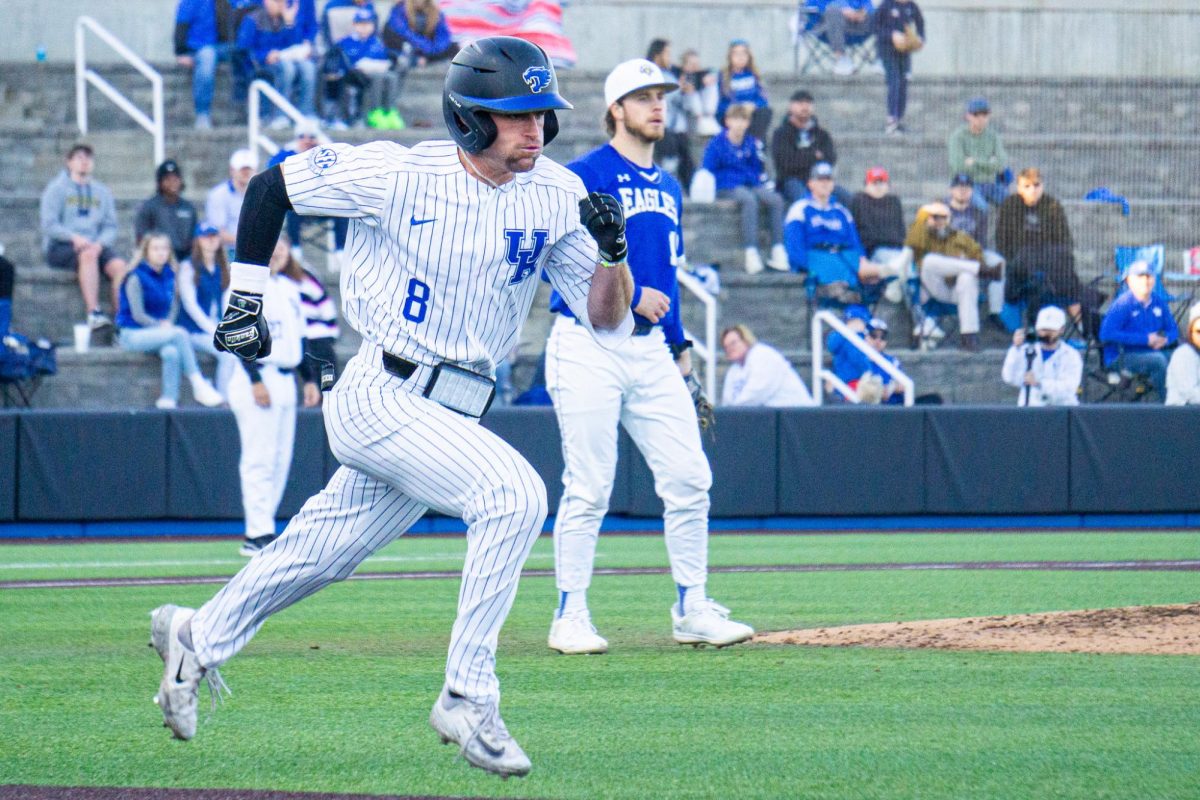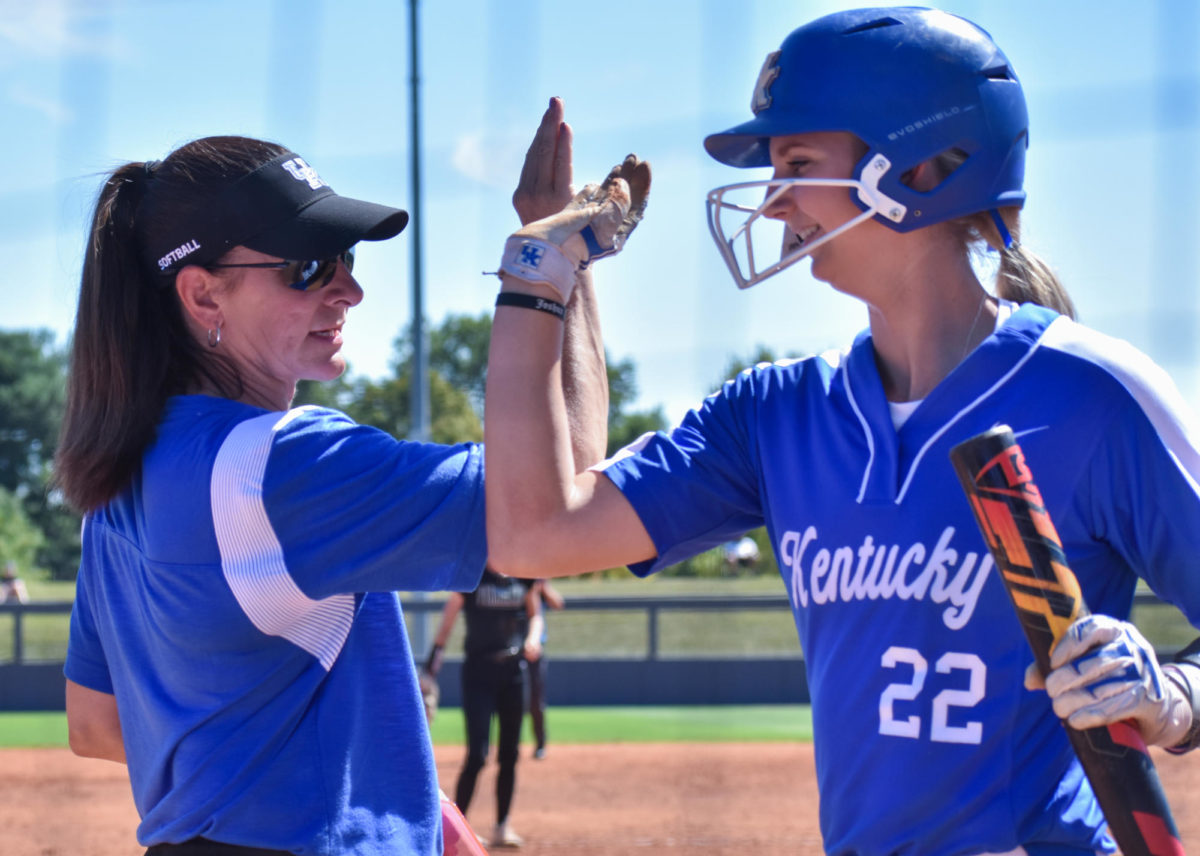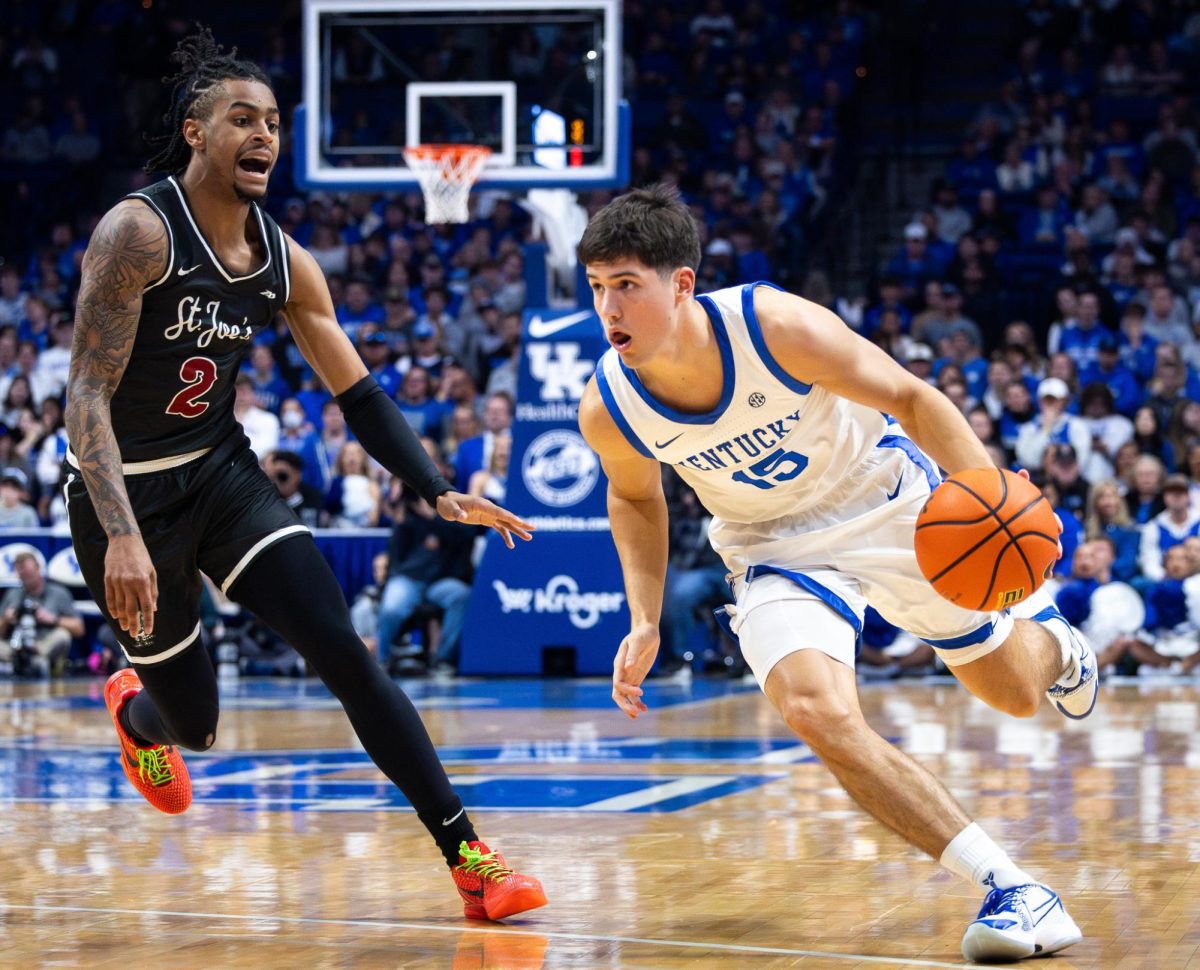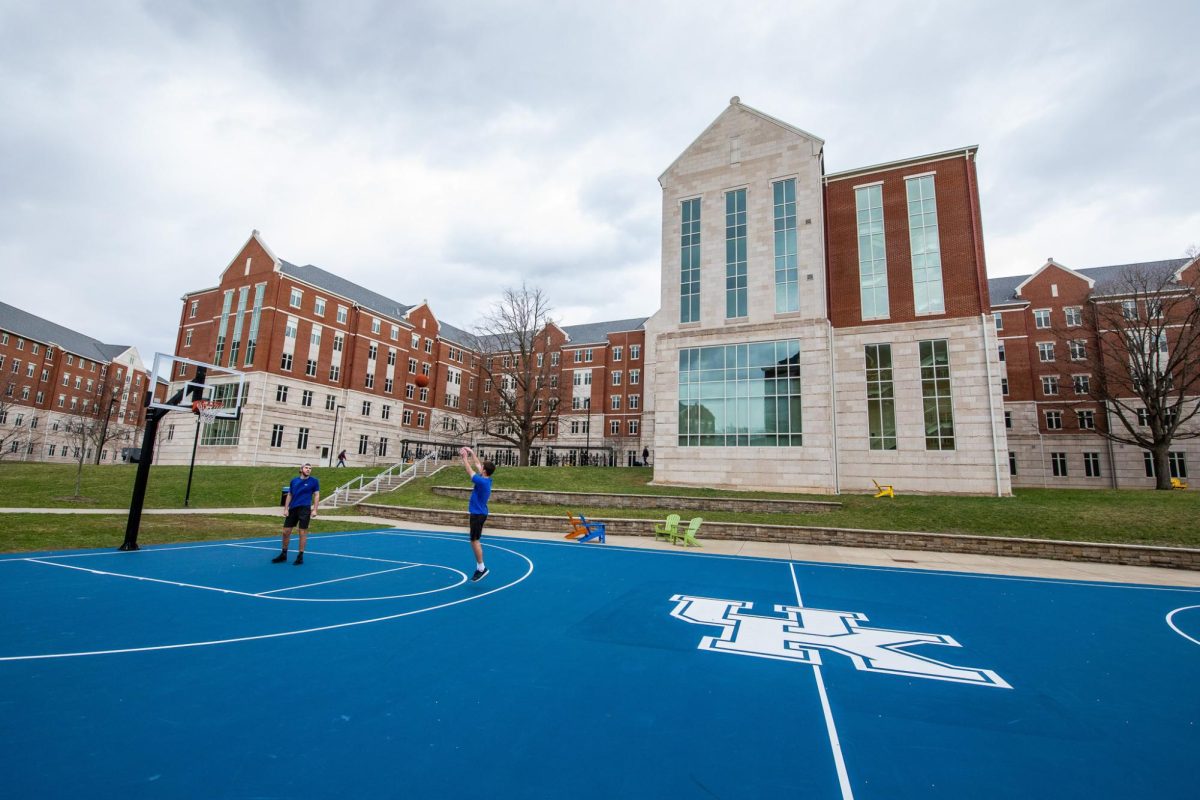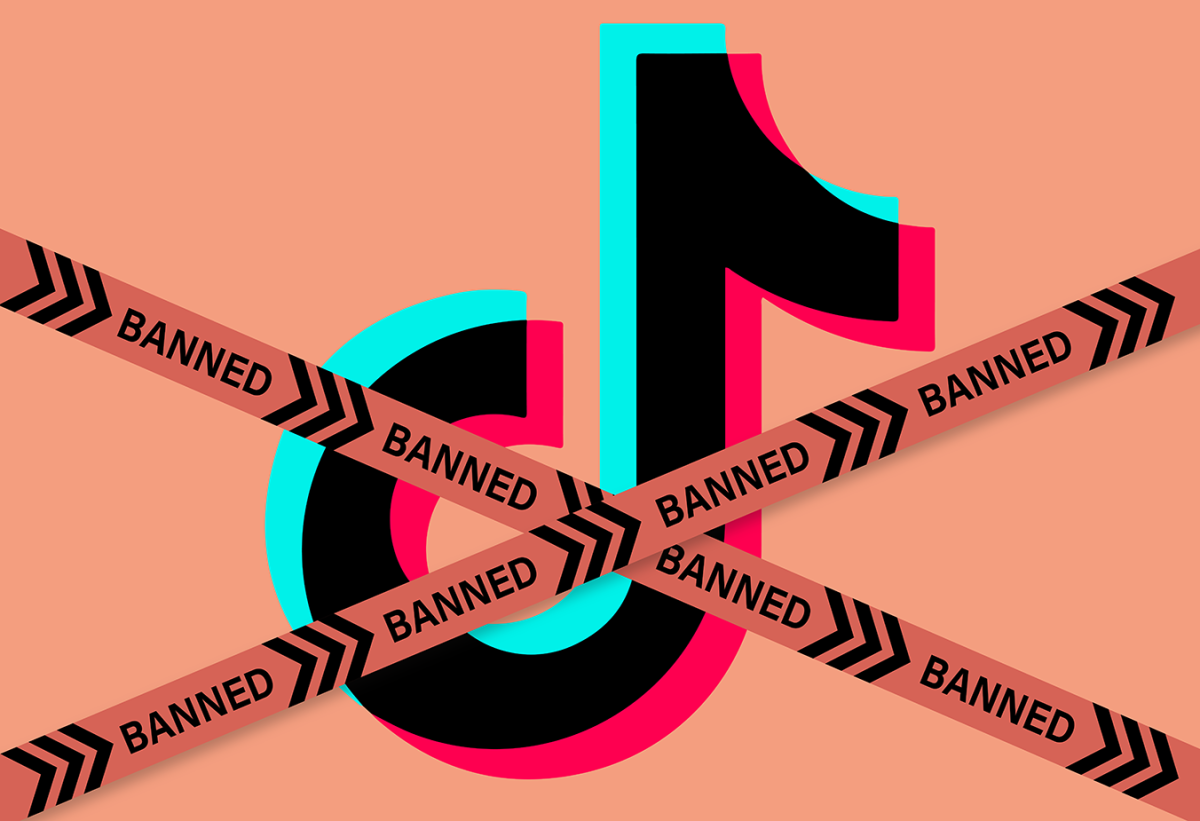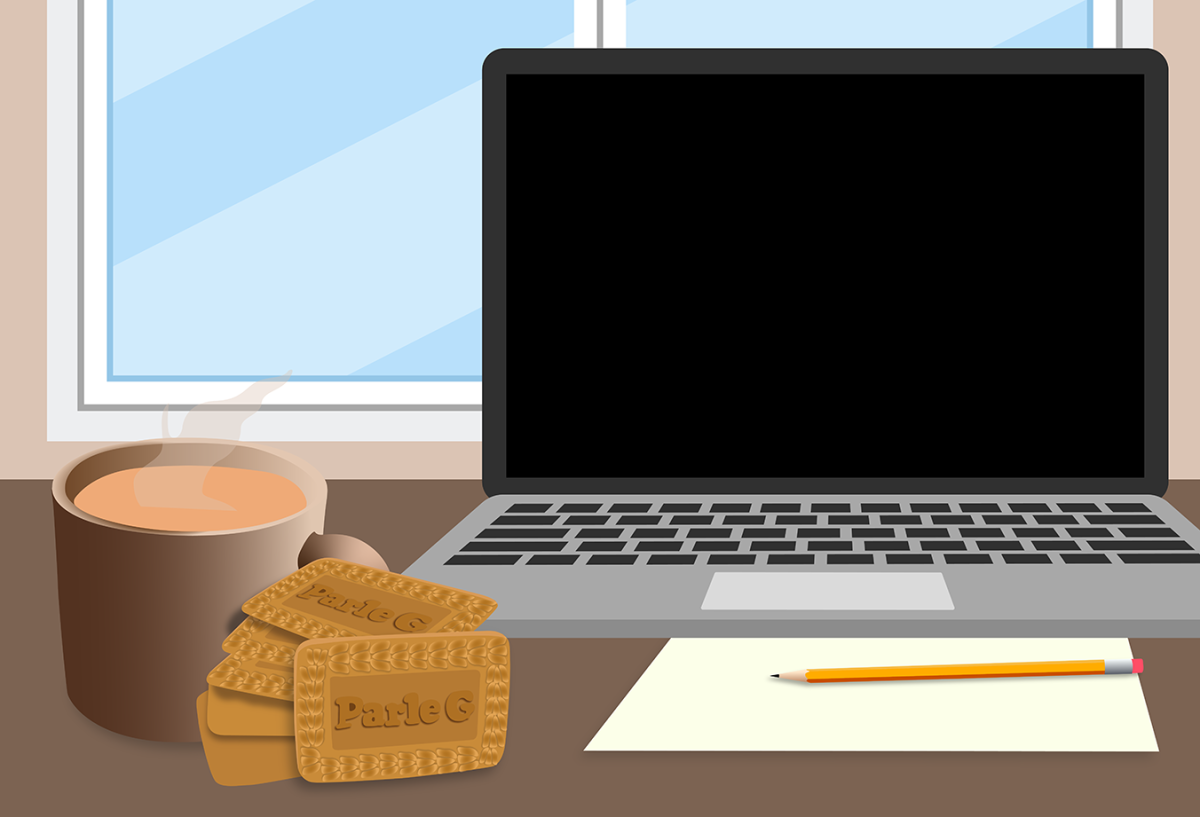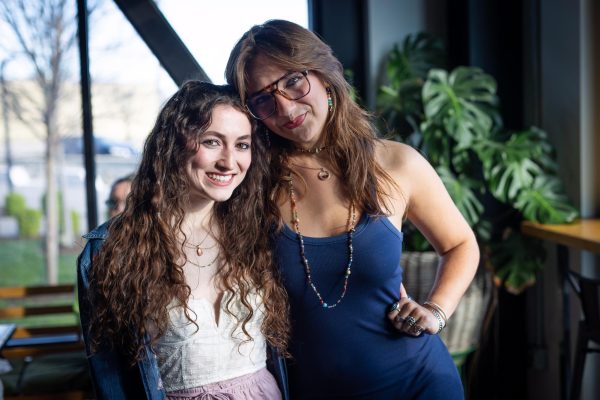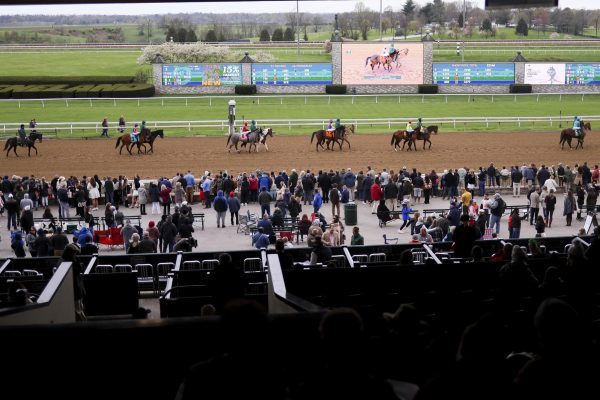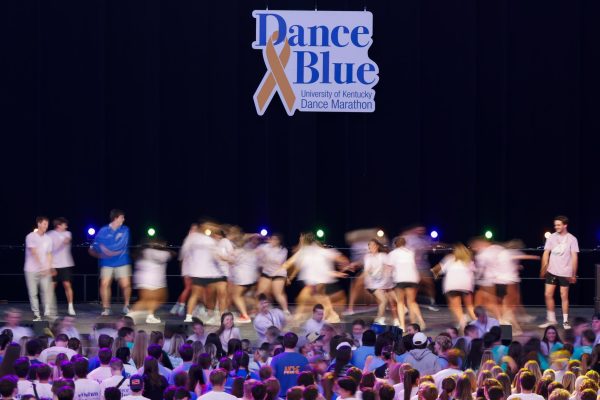The year the tables turned: WRFL celebrates 20th anniversary with FreeKY Fest
April 25, 2008
It started in 1985 with a column and mail-in survey asking students if they were ready for a new kind of radio at UK.
“Are you tired of hearing Top 40 ground out till the needle falls through the other side? Would you just rather hear Red Hot Chili Peppers instead of Ravel? (Or Red Hot Chili Peppers and Ravel?) Are you hungry for tunes a College Radio station would spin? Give us your tired, your poor, your raging opinions. The Kentucky Kernel may not be able to generate music, but it can play your thoughts and maybe enough of them will make a loud noise.â€
Kakie Urch’s column struck a chord. More than 200 student responses poured in to the Kernel office with all but one echoing the same sentiment: “I want my college radio!†And more than 20 years later, the loud noise that started with Urch’s column calling for Radio Free Lexington is still blaring on 88.1, WRFL-FM, UK’s student-run community radio station.
WRFL is celebrating its 20th year of commercial-free programming with FreeKY Fest, an all-day free music and art festival tomorrow starting at 11 a.m. on the roof of the Lexington Transit Center.
It’s a music event unlike any Lexington has ever seen. The city declared it WRFL Week, and news of the festival has spread throughout the country, getting headlined on national music Web sites like Pitchforkmedia.com.
Chuck Clenney, general manager of WRFL, said as soon as he proposed the idea for a festival, volunteers started lining up ready to make the event happen. The small idea turned into a “monster†almost overnight, he said.
“I am completely astounded at the support that has come from the community,†Clenney said. “Coming from a university that shoves its artists in an old tobacco warehouse, this is such a positive step forward. People are going to be able to see everything that the Lexington art community has always had to offer.â€
But many say they understand why the festival has been so well received. It’s all about quality of life, making Lexington a more exciting, creative place to live, organizers said.
The station is rooted in a deep commitment to alternative music — a diverse selection of songs and talk that aren’t available on commercial radio. In keeping with that mission, the festival will provide acts for all ages, backgrounds and tastes, said Griffin VanMeter, a Creative Lexington member who is involved with WRFL and is one of the festival’s many organizers.
“WRFL brings so much music and education,†VanMeter said. “It brings another option for people who want something different, who want something fresh and unique. This festival is an extension of that.â€
Tomorrow’s event includes everything from a children’s concert with Robbert Bobbert and The Bubble Machine to the final act of the night, The Apples in Stereo.
As WRFL takes the weekend to celebrate its past, it is also looking to its future — and the chance to reach a significantly broader audience in the next couple of years.
The festival is a culmination of Alternative Music Week, which includes a series of fundraising concerts across town to benefit WRFL’s “Build the Tower, Boost the Power†campaign.
The station broadcasts to Lexington residents at 250 watts, a power some have compared to that of a “dim bulb.†In September, the Federal Communications Commission approved an upgrade to 7,900 watts, which would extend the station’s coverage to much of Central Kentucky. WRFL was given three years to complete the upgrade and needs to raise about $200,000 for a new transmitter that could handle the increased wattage, Clenney said.
It’s a hefty price tag, but WRFL supporters have already seen the power of community, Clenney said. Alternative Music Week alone has raised about $700 as of last night, he said, and the station plans to keep fundraising until it has enough to replace the old transmitter that sits on top of Patterson Office Tower.
The leaders behind WRFL’s push to expand its broadcast area share many of the same qualities as the original staff, said Urch, who served as the station’s first music director. She now works as a multimedia producer and editor in Palm Springs, Calif. Urch is back in town for the festival, as are about 40 other WRFL alums.
“I think the thing that has continued from the original WRFL staff to the current staff is an incredible curiosity, and curiosity often lies at the base of real creativity and real success,†she said.
Despite her efforts to “embarrass†UK into taking the lead, Urch said, students have been the driving force behind WRFL since day one.
“I was a huge music fan,†she said, “and I really thought that I would just point out to the university that UK was the only school in the SEC that did not have a student-run radio station, except for Mississippi State — and then the university would be so embarrassed they would have to build one.â€
UK supported the idea of a student-run station but never offered to spearhead the project. Urch had students coming up to her and saying, “Kakie, when are we going to get a radio station?â€
So she traded in her position at the Kernel for the chance to help turn the idea presented in her column into a reality. About 60 to 100 other volunteers started working along with her, determined to obtain the FCC license and funding needed to launch the station.
“We were protected by our youth,†Urch said. “We had no idea how impossible this task was.â€
A student organization called Radio Free Lexington got together, and the volunteers reached out for support from the university and community.
It didn’t take long to see that the city was ready for a new sound, said Mick Jeffries, one of the station’s founders. Everyone from then-Mayor Scotty Baesler to Jack Blanton in the UK administration office offered approval. Even Pink Floyd’s road crew chipped in some help.
“Pink Floyd was touring at the time right before we went on air, and they donated a bunch of wood to help us build our original cabinetry,†Jeffries said.
“We received support from so many different people and places,†he said. “I think it was an indication of how much of a void WRFL was filling.â€
The station first went on the air March 7, 1988, and has been broadcasting 24 hours a day, 365 days a week ever since.
The original staff members were “some of the most remarkable people†Jeffries said he has ever known.
“It was a group of extremely driven people with a whole lot of gusto,†he said. “We worked together, we played together, and we didn’t sleep.â€
Those members have gone on to be lawyers, doctors, media personalities and prominent musicians. Their ranks even include one movie star, UK’s own Ashley Judd.
The station is still receiving the kind of support today that it did when it first went on air, said Jeffries, 42, who hosts Trivial Thursdays every week on WRFL. And it still attracts the type of leaders and DJs who are passionate about the music and news they put out every day for the community to hear, he said.
It was a common sight in 1988 to find DJs huddled around a set of turntables, trying to get to the new record pile first so they could slap on their review of the music for all to see, Jeffries said. They wanted to be the first to discover the next great band.
The sight is similar today, he said. The WRFL staff is hungry for more of what makes college radio so good — a fresh, unique take on music and the world that, when transmitted to the public, makes the community better.



